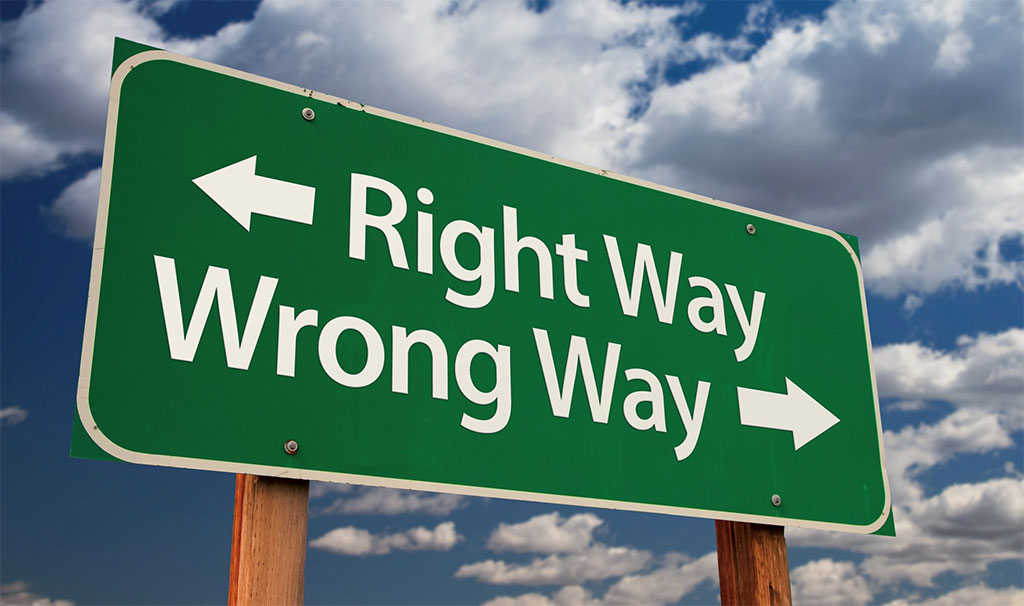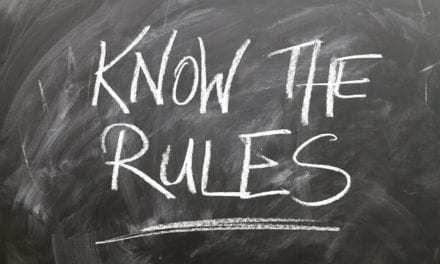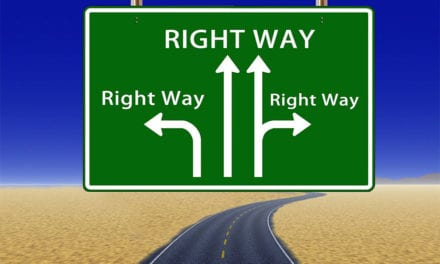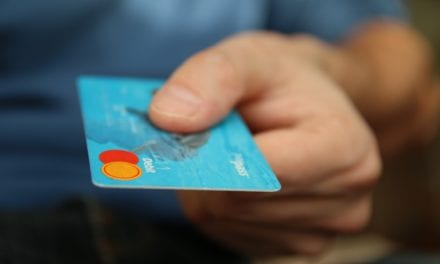In the Credit Monkey’s last post, we learned that credit repair is not the answer for every low FICO score.
There are occasions when a bankruptcy is faster, cheaper and makes more financial sense than credit repair. In this post, the Monkey offers eleven determining questions to help you decide whether credit repair or bankruptcy is right for you.
QUESTION ONE: Why do you want to improve your credit score?
Knowing why you want to improve your credit usually dictates the steps you take improve your credit. With some exceptions, if you need to purchase a house, automobile or rent/lease an apartment in the near future, then credit repair can be your best bet. If your finances are a disaster and you want to clean up the mess, then consider bankruptcy. In a matter of months, a bankruptcy will remove the debt, instantly stop all the harassing telephone calls and provide you with a fresh financial start.
QUESTION TWO: How soon do you need your credit improved?
When you need better credit is closely related to why you need better credit. If you need a credit score bump of twenty (20) or thirty (30) points quickly or if you need to clear a few collections from your credit report, use credit repair. Under most circumstances, a quick bump in your credit score takes forty-five (45) days using credit repair techniques.
If your debt feels overwhelming and credit repair techniques won’t fix your credit within a year, file bankruptcy. If a foreclosure or repossession is on your credit report, bankruptcy is usually the best option because a bankruptcy removes the foreclosure or repossion from your credit report.
QUESTIONS THREE and FOUR: Are you currently being sued? If so, is there more than one case filed against you or soon to be filed against you?
Lawsuits are expensive to defend. Banks and collection agencies rely on that fact in their collection practices. They know that if who can’t afford to pay a credit card or doctor bill, you probably can’t afford to engage a lawyer to defend a collection action in court. That being the case, most debtors accept collection judgments without mounting even a token legal defense.
Two lawsuits are twice as expensive to defend as one. If you have have two lawsuits filed against you, bankruptcy is usually the cheapest and fastest way to resolve the litigation and clean up your credit.
A bankruptcy “stays” all lawsuits and discharges the underlying debt which is the basis of the lawsuit(s). Translated from the legalese, that means a bankruptcy legally gets rid of your debt and ends the lawsuit(s) against you.
Credit repair is not a recognized defense in lawsuits. Some credit repair techniques may help in negotiating a case settlement, but that is as far as credit report goes in court. A case settlement occurs when the parties agree to a negotiated end to the litigation rather than a court imposed judgment. As an FYI, most bank and credit card attorneys will not talk to credit repair companies because they aren’t parties in the litigation and cannot legally represent you in any matter related to the lawsuit.
QUESTION FIVE and SIX: Do you have a judgment(s) on your credit report? If so, can you pay it (them) to reach your improved credit goal? QUESTION SEVEN: Can you pay the judgment(s) in less than two years?
The Monkey’s general Rule of Time is, “If you can’t afford to pay a judgment weighing on your credit score in two (2) years or less, then you can’t afford to pay it at all. You should file a bankruptcy”.
Theoretically, the day after your bankruptcy is discharged you can borrow money. Practically, it doesn’t work that way for most of us. However, By using a few of the Monkey’s bankruptcy recovery techniques, you can again be creditworthy in as little as six months.
QUESTION EIGHT: Are your delinquent accounts in collections?
Banks and other grantors of credit often sell or contract delinquent accounts to third party collectors. These accounts are labeled “in collections”. Each account in collections significantly damages your credit for two (2) or three (3) years after the date of last activity. If your low credit score is due to collection accounts, then credit repair could be exactly what you need. If you have questions about date of last activity, please read the Credit Monkey’s post on the subject. https://creditmonkey.pro/date-last-activity/
Basic credit repair techniques can quickly and affordably remove collection account blemishes from your credit record. It will take effort, but the effects of credit repair may be seen in as little as thirty (30) days.
QUESTION NINE: Does your business or job require the use of credit cards?
If your business or job requires the use of credit cards for purchasing inventory, travel or business accounting, then avoid bankruptcy. A bankruptcy will normally precludes the use of credit cards for about a year. Smartly applied credit repair techniques can help you keep at least one of your credit cards for business purposes.
If bankruptcy is your only reasonable option, then pay off one or two credit cards and keep them at zero (0) through the pendency of the the bankruptcy. Zero (0) balance credit cards are excluded from bankruptcy because there is no debt to discharge. Therefore the issuer does not immediately know about the bankruptcy. You may continue to use the credit card after the bankruptcy is filed.
Issuers of credit cards not included in your bankruptcy eventually find out that you filed when they check of your credit report. Regardless, many issuers let you keep their card because their company took no financial loss during the bankruptcy and you can’t file another for eight (8) years.
QUESTION TEN: Can you survive day to day without using credit cards?
If you can’t survive without using credit cards, you have deeper financial problems than a low credit score. You are overextended or underemployed. Either way, you must take control of your finances. Forget credit repair. File a bankruptcy. Create and live by a budget drafted around your income. Find ways to cut corners and seek expert help today!
QUESTION ELEVEN: Is your income sufficient to make more than the minimum payments on all your debts?
According to Quentin Fottrell of Market Watch, a “$2,000 credit balance with an 18% annual rate, with a minimum payment of 2% of the balance, or $10, whichever is greater, would take 370 months or just over 30 years to pay off.” https://www.marketwatch.com/story/how-long-does-it-take-to-clear-a-2000-credit-card-with-minimum-payments-2015-07-07 . That means you can payoff a $200,000.00 mortgage, making minimum payments, in less time than a $2,000 credit card balance. That’s crazy! File a bankruptcy and get a fresh start. Don’t waste the next thirty (30) years paying for financial mistakes.
A word to the wise: When considering bankruptcy, consult with an experienced bankruptcy attorney before making any decision. There are nuances in the bankruptcy code that may affect property as well debt.
The link to the prequel of this post is “What Should I Do, Credit Repair or Bankruptcy?” https://creditmonkey.pro/what-should-i-do-credit-repair-or-bankruptcy/
If this post is helpful, please leave a comment, share it or send the Monkey an email at [email protected].






Recent Comments